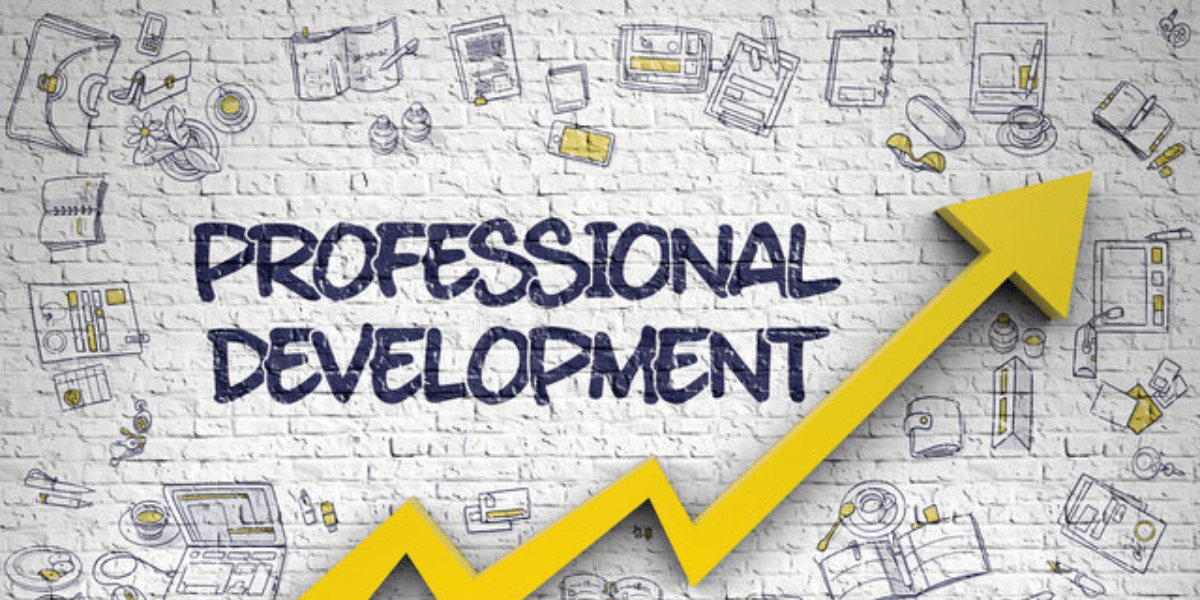Valley of Experts Training Institute Al Garhoud, Dubai – UAE
Finding the Right Training Course for Your Career Goals

Choosing the right training course is crucial for career growth, skill enhancement, and professional development. If you are an individual looking to advance in your field or a business aiming to upskill employees, finding the best training courses for career growth can give you a competitive edge.
A strong learning mindset is essential in today’s job market, where industries are rapidly evolving. Professionals who continuously develop their skills through skill-based learning for career advancement are more likely to secure promotions, take on leadership roles, and expand their career prospects. With online training platforms and on-site courses readily available, the opportunities for learning are endless.
This guide explores how to find the right training course, the benefits of professional development courses, and the importance of industry-specific training courses to help you make informed decisions about your career path.
Best Training Courses for Career Growth
The best training courses for career growth depend on individual goals and industry demands. However, certain courses remain consistently valuable across multiple sectors due to their relevance and high demand in the job market.
Technology & IT
The digital era has transformed industries, making IT and technology skills essential. Companies rely on data analytics, cybersecurity, and cloud computing to drive success, increasing demand for professionals with expertise in these fields.
Data Science & Analytics
Businesses increasingly depend on data-driven decisions. Training in data science, machine learning, and artificial intelligence equips professionals with analytical skills that are valuable in industries such as finance, healthcare, and marketing.
Cybersecurity
With growing cybersecurity threats, businesses need professionals who can identify vulnerabilities, prevent cyber attacks, and secure sensitive information. Cybersecurity courses offer practical knowledge in risk assessment, ethical hacking, and security management.
Cloud Computing
As more businesses move to cloud-based solutions, expertise in Amazon Web Services (AWS), Microsoft Azure, and Google Cloud has become highly sought after. A cloud computing certification enhances job prospects in IT and business sectors.
Business & Management
Business and management training courses provide essential skills for effective leadership, project management, and business strategy execution.
Project Management
Project management training is ideal for professionals who want to develop leadership skills and improve efficiency in handling projects. Courses such as PMP (Project Management Professional) and PRINCE2 help individuals become certified project managers.
Business Analytics
Business analytics training helps professionals interpret data trends, optimize processes, and make data-driven decisions. These skills are valuable in various industries, including finance, healthcare, and retail.
Digital Marketing
Digital marketing courses cover SEO, social media marketing, content marketing, and paid advertising strategies. As online presence becomes crucial for businesses, professionals with expertise in digital marketing have an advantage.
Product Management
Product management training focuses on product strategy, market analysis, and development processes. This skill set is highly beneficial for professionals working in technology, retail, and consumer goods industries.
Human Resource Management
HR management courses teach individuals how to handle recruitment, employee relations, and workplace policies, improving organizational effectiveness.
Where to Find the Best Training Courses for Career Growth
Professionals seeking training opportunities can choose between online platforms and in-person learning. Each option has its advantages, depending on learning preferences and career goals.
Online Learning Platforms
Several online training platforms offer flexible and accessible courses, including:
- Coursera offers industry-recognized courses from leading universities.
- Udemy provides affordable, self-paced courses across multiple disciplines.
- LinkedIn learning focuses on business, leadership, and technology-related training.
- Simplilearn specializes in IT and project management certifications.
- Udacity is known for its “nanodegree” programs in AI, data science, and coding.
- VOE offers courses to help career-oriented individuals climb the corporate ladder more efficiently by honing their inherent skills.
On-Site Training & Vocational Institutes
If you prefer hands-on training, vocational schools, corporate training programs, and local training institutes offer structured learning environments. Many businesses provide workplace training programs to enhance employee skills.
Benefits of Professional Development Courses
Enrolling in professional development courses offers numerous advantages, including:
- Career advancement opportunities.
- Improved skill sets in specific industries.
- Stronger networking connections with professionals.
- Staying updated with industry trends.
- Higher earning potential with advanced skills.
- Better job performance and confidence in the workplace.
- Increased job satisfaction and career stability.
- Investing in professional development allows individuals to remain competitive and adaptable in an ever-changing job market.
Industry-Specific Training Courses
While general training programs offer valuable skills, industry-specific training courses provide tailored learning experiences for professionals looking to specialize in their fields.
Healthcare Training
Healthcare professionals benefit from training programs focused on patient care, medical technology, and regulatory compliance. Courses in clinical research, medical coding, and nursing management are highly valuable.
Financial Training
Financial courses cover topics such as risk management, investment strategies, and financial regulations. Certifications like CFA (Chartered Financial Analyst) and CPA (Certified Public Accountant) are highly regarded in the finance sector.
Construction & Engineering
Professionals in construction and engineering can enhance their expertise through certifications in project management, safety compliance, and CAD (computer-aided design) software.
Hospitality & Tourism
Training programs in hospitality management, customer service, and event planning improve career prospects in the tourism and hospitality industry.
Why Are Industry-Specific Training Courses Essential?
Enhanced skills and knowledge in a specialized field.
- Better job prospects and career opportunities.
- Higher productivity and workplace efficiency.
- Ensured compliance with industry standards.
- Stronger qualifications for promotions and leadership roles.
Find the Best Training Courses for Career Growth with The Valley of Experts (VOE)
At The VOE (Valley of Experts), we offer career-enhancing training courses designed to meet the needs of professionals across various industries. Located in Dubai’s Al-Garhoud district, our professional training institute provides skill-based learning for career advancement, offering both online and on-site training options.
If you’re looking to develop new skills, advance your career, or explore industry-specific training courses, we’re here to help. Contact us today to enrol in a course that fits your professional goals.







